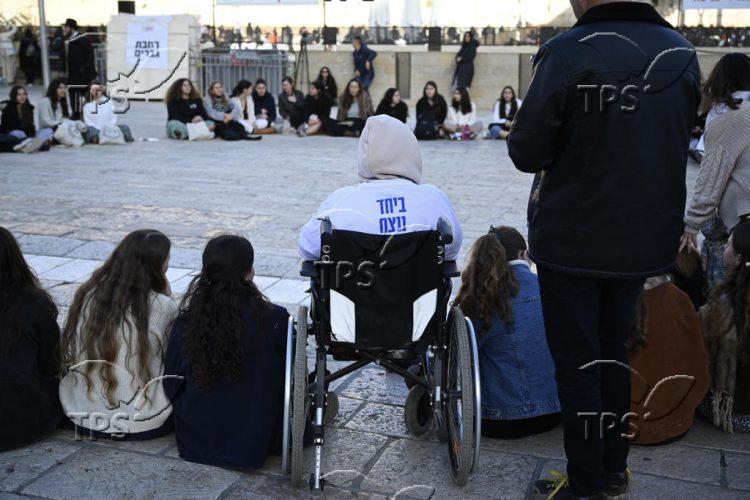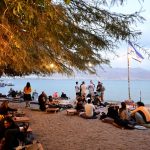Israel Allocates $3.2M to Enhance Accessibility at Tourist Sites
Jerusalem, 11 April, 2024 (TPS-IL) -- Aiming to enhance the tourist experience and foster inclusivity, Israel’s Tourism Ministry announced a 20 million shekel ($3.2 million) plan to improve accessibility at tourist sites across the country.
“We attach great importance to the accessibility of tourist sites to the general public and work to improve the tourist experience for the domestic and international visitor, so that they can enjoy the wide range of tourist sites available throughout the country, without restrictions and with maximum comfort,” said Tourism Minister Haim Katz.
“The budget that we are allocating to the local authorities will help make accessible dozens of sites, be they nature reserves, heritage, religion or history sites, museums and more,” he noted.
The initiative will be implemented during 2024-2025.
“Making tourist sites accessible to people with disabilities is a national project whose goal is to ensure the equal participation of this public in Israeli society,” said Israel Government Tourism Corporation CEO Elad Erenfeld, who will oversee the plan’s implementation. “This is one of the most important and exciting decisions that the Ministry of Tourism has made.”
Under the Equal Rights for Persons with Disabilities Law of 1998, there exists a legal obligation to ensure accessibility to infrastructure, buildings, and services. Regulations also govern accessibility to ancient sites, national parks, and nature reserves. Earmarking funds for accessibility upgrades will help local authorities meet those obligations, the ministry said.
Local authorities have been invited to submit up to two applications for financial assistance towards accessibility enhancements at tourist sites within their jurisdictions. To facilitate this process, the ministry will provide access to consultants who will assist in identifying necessary improvements, project planning and estimating associated costs.
Projects will be evaluated based on various criteria, including their contribution to different types of disabilities, potential to attract tourism, innovation, sustainability, and maintenance feasibility.







